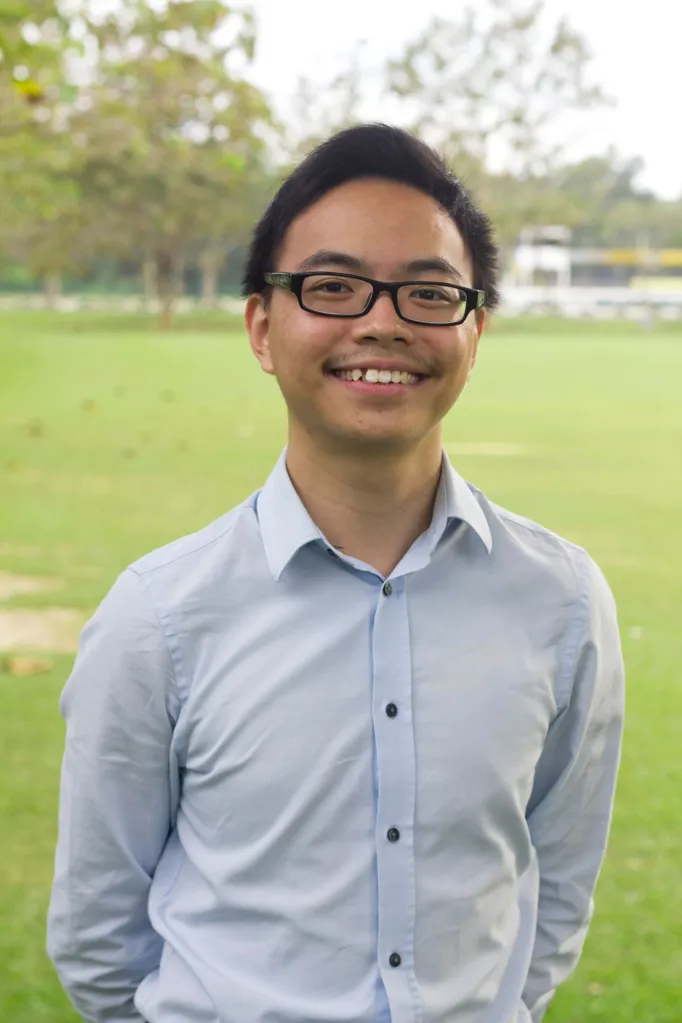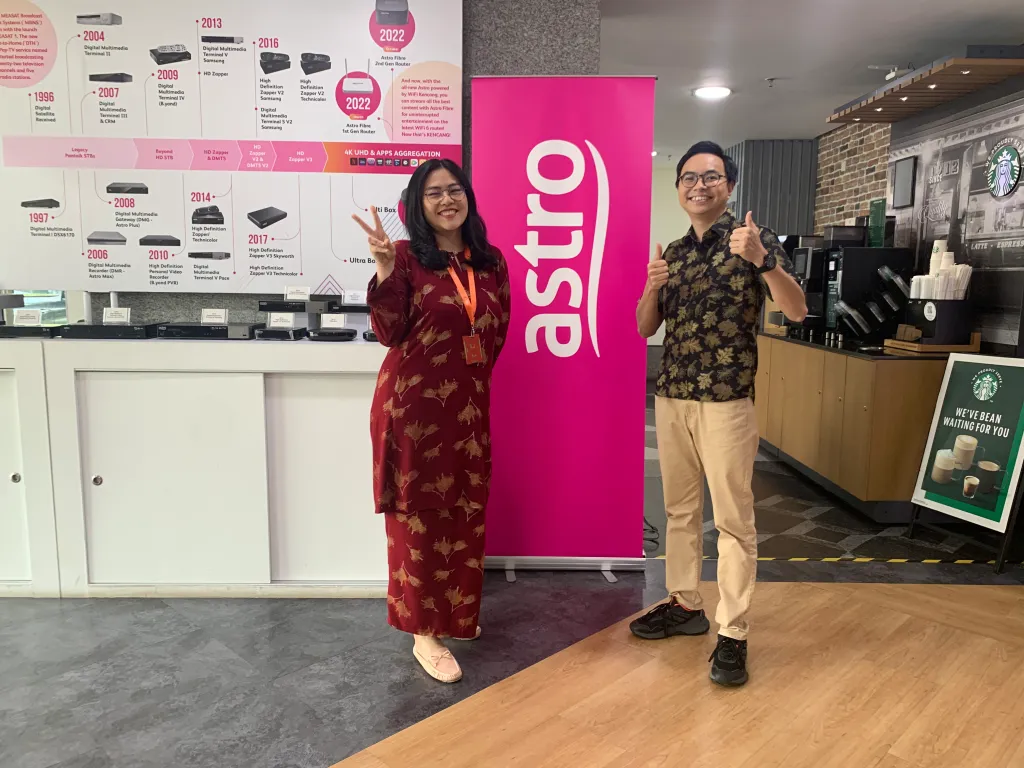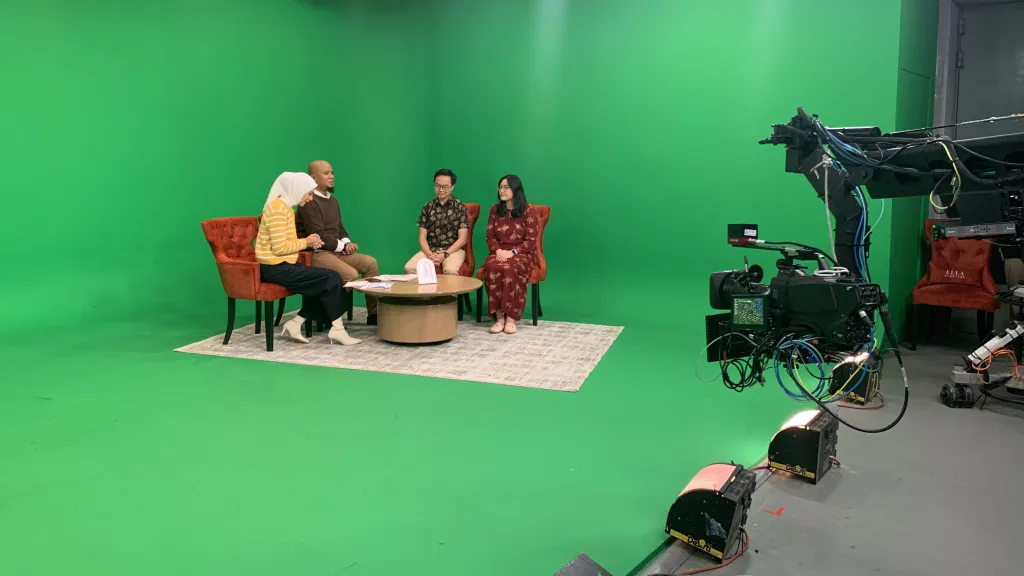🚀 Key Takeaways:
- AI can enhance, not replace, teachers.
- Human mentors drive curiosity, grit, and empathy.
- Maker education builds real-world problem solvers.
- Teaching with AI means adapting, not competing.

AI in education Malaysia
By the time Zhi Xiong first stepped into a high-need school as a Teach For Malaysia Fellow, he already knew the traditional classroom model needed a shake-up. What he didn’t expect was how a few open-source gadgets like Raspberry Pi, Arduino, and a dash of Python would light up his students’ minds far more than any textbook ever could.
“I noticed that many students were disengaged in traditional lessons,” Zhi says. “But every time I brought them to the computer lab, it was a complete 180. Their eyes lit up. They got excited to learn. And when I handed them these ‘toys,’ they figured it out themselves, with barely any help from me.”
That was his first real glimpse into the power of agency in learning, and the seed that would later grow into Chumbaka, the social enterprise he co-founded to bridge technology and education in underserved communities.
“One student even told me, ‘I have to force myself to learn better English just so I can Google the right things.’ That’s when I realized: this wasn’t just coding. It was empowerment.”
Teaching With, Not Against, AI in Malaysian Classrooms
Of course, Chumbaka students use AI. Zhi’s team even coined the term “vibe coder”; someone who over-relies on AI-generated suggestions without fully understanding the code.
“It becomes a teachable moment,” Zhi shares. “If the code doesn’t work, that’s a good thing. It pushes students to think critically, to problem-solve. Real engineers don’t just copy — they navigate, they adapt.”
To him, AI is not a threat or hype wave, it’s the fifth wave of the industrial revolution. “We can’t ignore it. The question is, how do we adapt?”

Rethinking Teacher Training - Role of Teachers in AI Era
If Zhi could redesign teacher training for this new world, his focus wouldn’t be on content or tech mastery.
“I’d teach curiosity and adaptability. There’s this fear among teachers that they have to master everything before teaching it. But in this age, teachers aren’t the sole holders of knowledge. They’re mentors, facilitators, guides.”
And that’s liberating, not just for teachers who aren’t tech-savvy, but for students who get to lead their own learning.
“The most powerful thing a teacher can say today is: ‘I don’t know this either. Let’s learn it together.’

